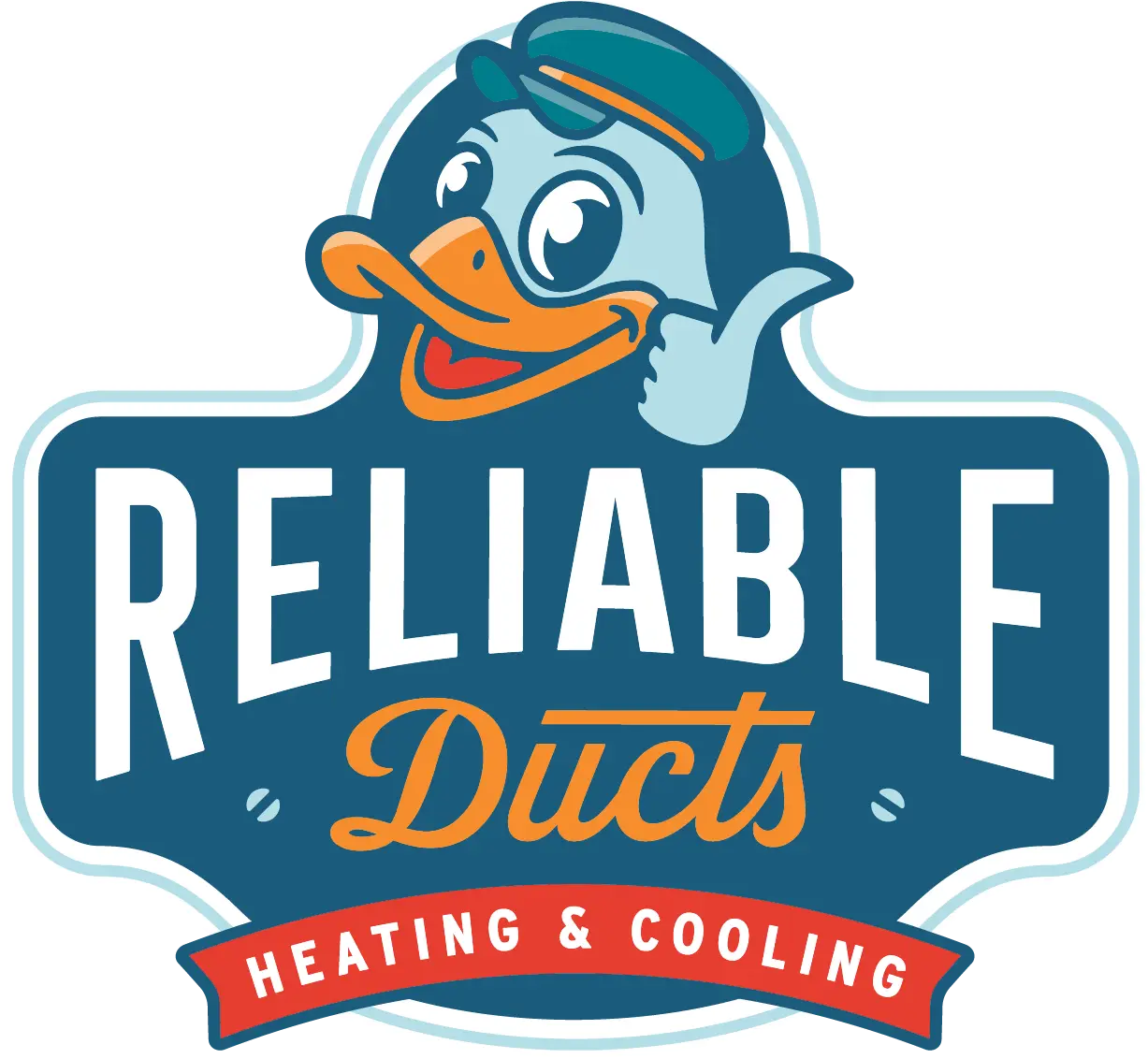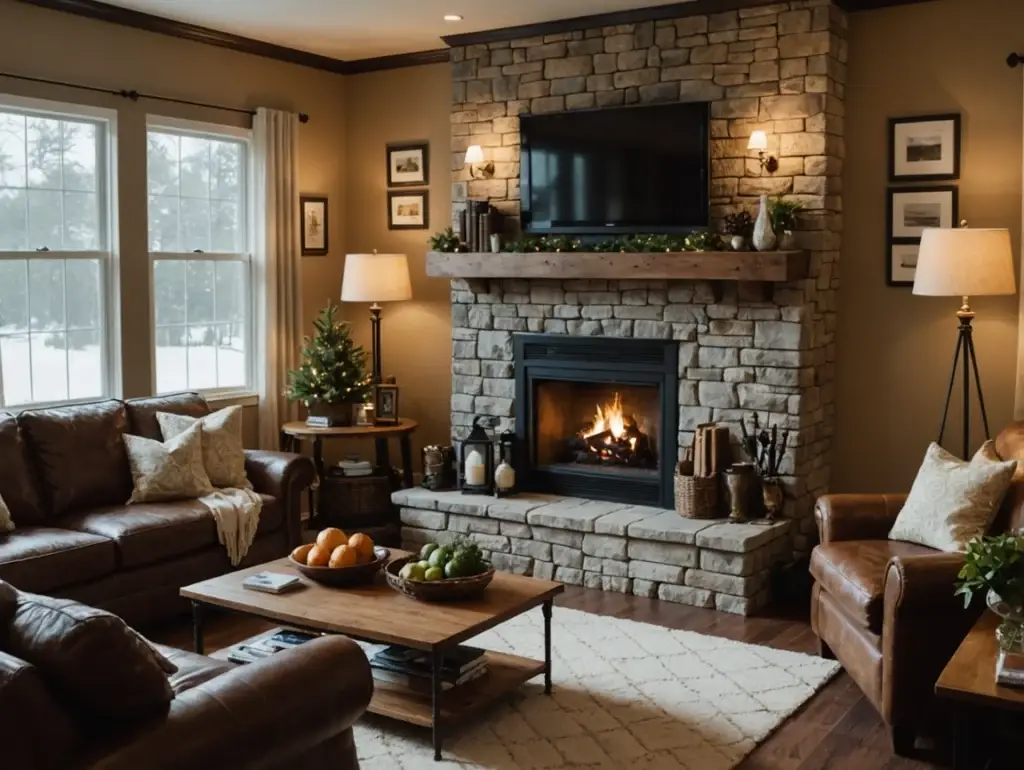As your HVAC system ages, you may find yourself frequently dealing with repairs and maintenance issues. At some point, you’ll need to decide whether it’s more cost-effective to continue repairing your old HVAC system or to invest in a new one. This guide will help you weigh the costs, benefits, and other factors to consider when making this important decision.
Assessing the Condition of Your Current HVAC System
Age of the System:
HVAC systems typically last 10-15 years. If your system is approaching or has surpassed this age range, it might be time to consider a replacement.
Frequency and Cost of Repairs:
Take note of how often your HVAC system requires repairs and the cost of these repairs. Frequent and expensive repairs can quickly add up, making a new system a more economical choice.
Energy Efficiency:
Older HVAC systems are generally less energy-efficient than newer models. If your energy bills are consistently high, a new, energy-efficient system could save you money in the long run.
Costs of Repairing an Old HVAC System
Short-Term Savings:
Repairing your existing HVAC system is usually cheaper in the short term compared to buying a new one. Simple repairs, such as replacing a capacitor or a thermostat, can be relatively inexpensive.
Ongoing Maintenance:
However, as your system continues to age, it may require more frequent and costly repairs. The cumulative cost of these repairs can eventually surpass the cost of a new system.
Limited Efficiency Gains:
While repairs can restore functionality, they may not significantly improve your system’s efficiency. An older system, even when repaired, will likely consume more energy than a new model.
Costs of Buying a New HVAC System
Initial Investment:
The upfront cost of a new HVAC system can be substantial, including the price of the unit itself and installation fees. However, this is a one-time expense that can be offset by various savings over time.
Energy Savings:
Newer HVAC systems are designed to be more energy-efficient, which can lead to lower utility bills. The savings on your energy bills can help offset the initial investment in a new system.



